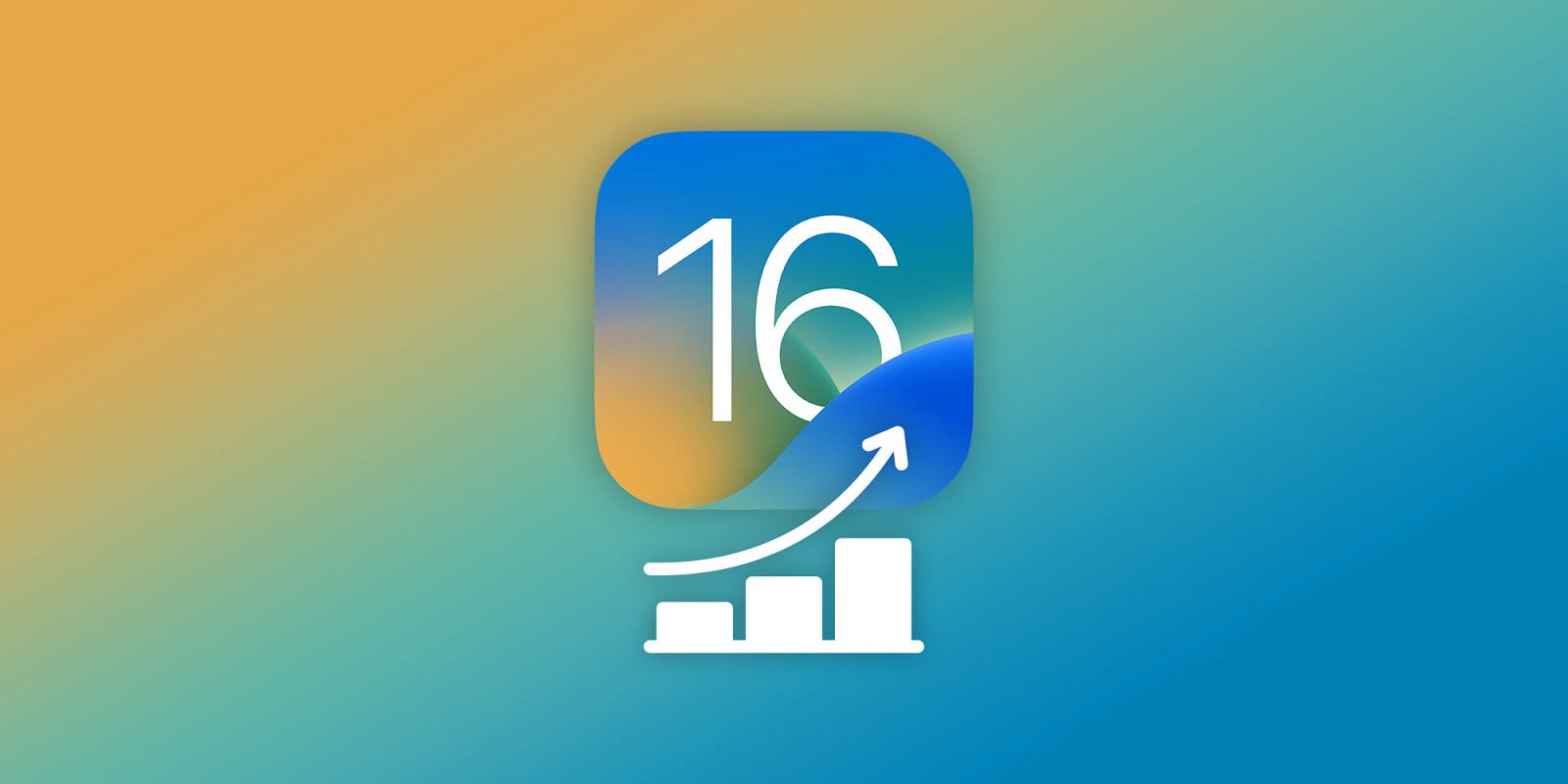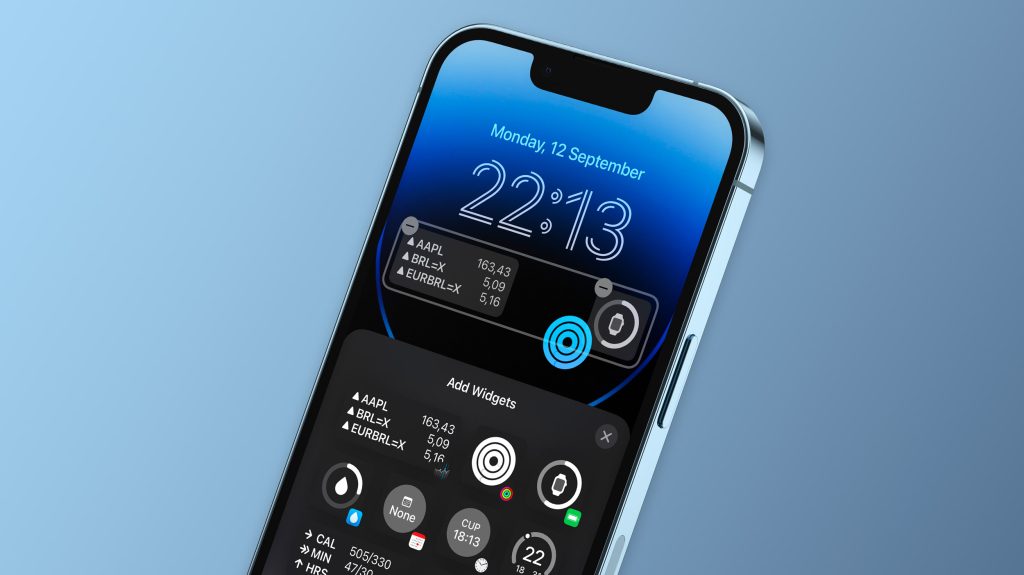
iOS 17 is just around the corner, as Apple will announce the next major update to its mobile operating system on Monday at WWDC 2023. With just a few days left until the event, the company has now shared new data showing that iOS 16 adoption has reached 81% among all iPhone users.
Most Apple devices are running iOS 16
As shown on the Apple Developer website, 81% of all iOS devices are running iOS 16, which was released to the public in September 2022. 13% of devices are running iOS 15, which still gets security patches, while only 6% of devices still run older versions. When it comes to the iPad, 71% of all iPads run iPadOS 16, while 20% run iPadOS 15 and 9% run older versions of the operating system.
Apple also provides data filtering by devices released in the last four years. iOS 16 is installed on 90% of iPhones 11 and later, and only 2% of these devices haven’t been updated to iOS 15 or iOS 16. iPadOS 16 is running on 76% of iPads released in the last four years, and only 6% of those models still run software prior to iPadOS 15.
Adoption rates for iOS 16 are similar to what iOS 15 had in May last year. However, when comparing the first few months after release, iOS 16 adoption was much faster – probably because the update brought significant changes to the Lock Screen of the iPhone, which made many users excited about the update.

Earlier this year, when Apple shared official iOS 16 adoption data for the first time, 72% of all iOS devices were running the latest version of the software.
Meanwhile on Android
In this respect, iOS has a clear advantage over Android, which is much more fragmented since the system runs on a wide variety of devices from different manufacturers. The latest version, Android 13, is installed on only 12% of all Android devices. Most devices still run Android 11, which was released in 2020.
For developers, this means that they can focus on adding new features to their apps without worrying that most users won’t get them. Having the latest updates installed is also important because of security patches. Of course, it’s hard for Google to ensure that most users will get these updates since the company has little or no control over third-party devices running Android.
We’ll see if iOS 17 will have an adoption rate as fast as that of iOS 16.
H/T: Aaron Zollo
FTC: We use income earning auto affiliate links. More.





